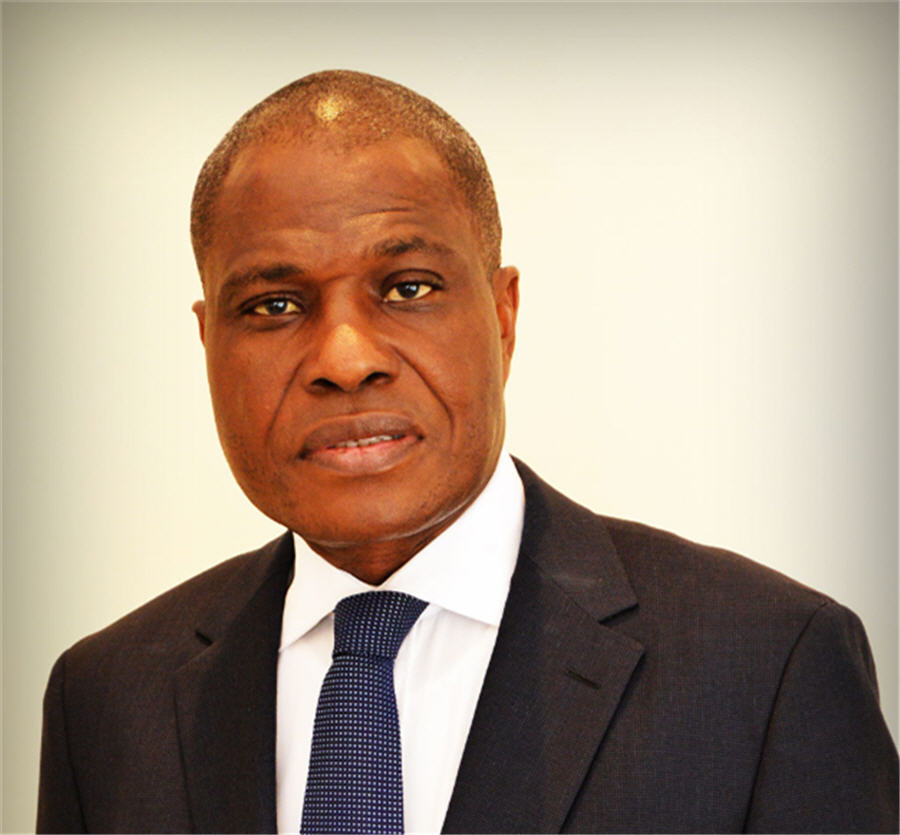Congo opposition reneging on unity boosts Kabila protege

Two key Democratic Republic of Congo opposition leaders withdrew their support for a joint candidate in next month’s election, increasing the likelihood that President Joseph Kabila’s protege will win.
The next government will be less likely to modify new mining legislation that’s deeply unpopular with Glencore Plc and Randgold Resources Ltd for boosting taxes and removing investor protections.
That could raise the risk of instability in a key supplier of the metals used in electric vehicles and mobile phones. It also means the next government will be less likely to modify new mining legislation that’s deeply unpopular with miners including Glencore Plc and Randgold Resources Ltd. for boosting taxes and removing investor protections.
The decision by Felix Tshisekedi and Vital Kamerhe to renege on a deal to unify behind one figure removes a major bloc of support for Martin Fayulu in his bid to defeat Kabila’s anointed successor, Emmanuel Ramazani Shadary, in a country that’s never had a smooth change of power.
Tshisekedi, head of the biggest opposition party, and Kamerhe, who finished third in the last vote in 2011, reversed course a day after agreeing a pact in Geneva with five other leaders to back Fayulu in the Dec. 23 vote. Both men’s supporters protested their decisions to stand aside for Fayulu outside their parties’ headquarters on Monday.
“Unity was crucial for the opposition if they wanted to have any credible electoral chance of defeating Kabila’s appointed successor,” said Adeline van Houtte, an analyst at the Economist Intelligence Unit. “Without Tshisekedi and Kamerhe on board, Fayulu’s chances of winning are extremely thin given his very small base support. And on their own both Kamerhe and Tshisekedi are unlikely to win.”
Under Kabila the government has said it plans to declare cobalt, of which Congo accounts for two thirds of global output, a strategic metal so that it can impose a royalty of 10 percent on production. Other royalties have already been raised and new taxes introduced, while a 10-year stabilization clause was canceled. Cobalt is a key ingredient in the rechargeable batteries used in electric vehicles. Congo is also a source of coltan used in mobile phones as well as gold and oil.
An opinion poll published last month by New York University’s Congo Research Group said Fayulu would place fourth in the election, with 8 percent support. Tshisekedi topped the survey with 36 percent, while Kamerhe and Shadary were second and third respectively with 17 percent and 16 percent.
Fayulu told French television broadcaster TV5Monde on Monday he was “totally disgusted” by the actions of Tshisekedi and Kamerhe, while stating he and the other four leaders “remain firm in their commitment” to his candidacy. Among them is Freddy Matungulu who — like Fayulu, Tshisekedi and Kamerhe — was authorized to register to run for the presidency, as well as opposition heavyweights Jean-Pierre Bemba and Moise Katumbi.
Bemba was disqualified by the electoral commission and Katumbi, in exile since 2016, was prevented from returning to Congo to file his bid. Before their exclusions, they scored best alongside Tshisekedi in the Congo Research Group poll.
{{ commodity.name }}
{{ post.title }}
{{ post.date }}




Comments